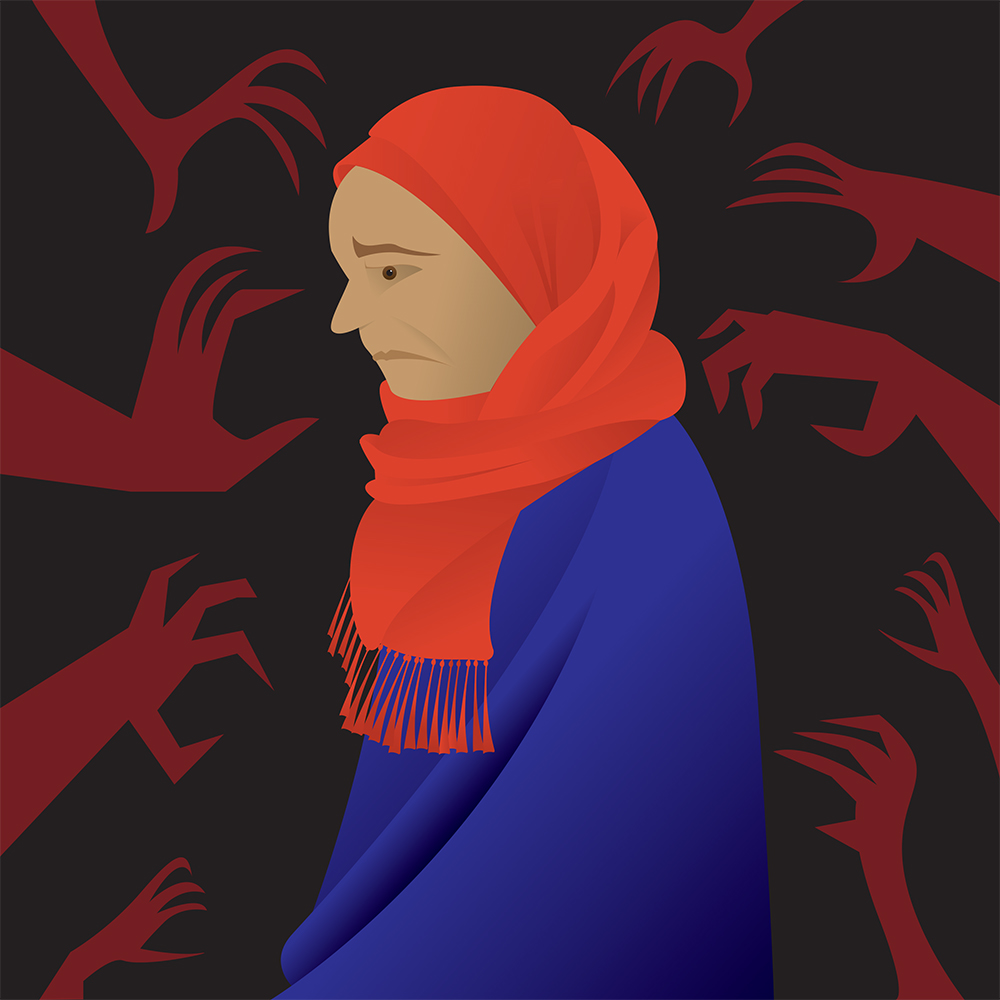The term “Islamophobia” is a fairly new term in mainstream language. However, the fear derived from it is the same hate derived from the narrative of racism and xenophobia continuing to define the American persona.
UNFOUNDED HOSTILITY
The response to the Syrian refugee crisis and the growing number of hate crimes against mosques and American Muslims displays Islamophobia’s existence in our country. According to UC Berkeley’s Center for Race & Gender, the term “was first introduced as a concept in a 1991 Runnymede Trust Report and defined as ‘unfounded hostility towards Muslims, and therefore fear or dislike of all or most Muslims’…and based on the more common ‘xenophobia framework.’”
Islamophobia grew out of the post-9/11 era, when the U.S. invaded Iraq and Afghanistan in what was to be one of the U.S.’s longest and most costly wars to date. The narrative of the wars in the Middle East is complex and requires much focus. But it is evident war has inseminated an “us versus them” mentality in the American population.
This divisive fear and hate for “the other” is rooted in our nation’s founding as a settler-colonial nation, and has become perpetuated by war culture and our legacy of imperialism. To see ISIS as the representative of Islam or to see Muslims as terrorists is a product of not only our country’s deep racism, but also because of our inability to see the world without fear and with an open mind.
NOT REPRESENTATIVES
The tragedies that occurred in France, Syria, Iraq, Nigeria and even here in the states were carried out by Islamic extremists, however we must ensure we do not take the actions of a handful of extremists as representatives of 1.6 billion Muslims. A large number of Muslim moderates have already condemned this violence through social media as well as official statements from leaders. History has shown fear and hate could be easily exploited by the state and political leaders to push their own political agendas and create imagined threats.
The fundamentalism and extremism that arises from places like Saudi Arabia and manifests itself into brutal groups like ISIS are products of decades of war and conflict. Cornel West writes in Democracy Matters, “The recent waves of Islamic revitalization movements — be they fundamentalist or not — are a quest for a new identity of subjugated Muslims in response to failed secular nationalist experiments.” West continues to claim, “In the poor developing world [like the Middle East], identity is a matter of life and death.”
EDUCATING OURSELVES
To educate ourselves about the world is to eradicate the hate and fear born out of ignorance. Those who associate Islam with terrorism are generally the first ones to become silent when told that it is Southeast-Asia, and not the Middle East that holds the largest concentrations of Muslims in the world. The hate and fear begeted from Islamophobia is the same hate and fear that fueled the forced internment of 120,000 Japanese-Americans in concentration camps during WWII and the rejection of Jewish refugees escaping Nazi Germany in 1939.
Renowned writer and social critic James Baldwin famously said, “I imagine one of the reasons people cling to their hates so stubbornly is because they sense, once the hate is gone, they will be forced to deal with pain.” As humans and as Christians, we must exemplify our love for our neighbor by speaking out against injustice and hate, and we must urge our Muslim friends to continue to speak out against the extremism in their own faith.
Whether its extreme right-wing Christian fundamentalism or Islamic extremism, fear and hate continues to fuel the violence and destruction that continues to afflict communities worldwide.







